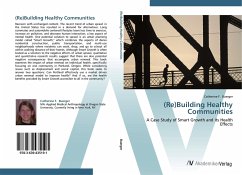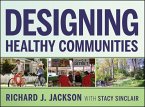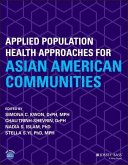Revision with unchanged content. The recent trend of urban sprawl in the United States has resulted in a demand for alternatives. Long commutes and automobile centered lifestyles leave less time to exercise, increase air pollution, and decrease human interaction, a key aspect of mental health. One potential solution to sprawl is an urban planning model called "Smart Growth," which combines the aspects of dense residential construction, public transportation, and multi-use neighborhoods where residents can work, shop, and go to school all within walking distance of their homes. Although Smart Growth is often touted as a solution to the negative effects of urban sprawl, qualitative and quantitative research results suggest that there are also potential negative consequences that accompany urban renewal. This book examines the impact of urban renewal on individual health, specifically focusing on one community in Portland, Oregon. While considering issues such as displacement and social capital, this book seeks to answer two questions: Can Portland effectively use a market driven urban renewal model to improve health? And if so, are the health benefits provided by Smart Growth accessible to all in the community?
Hinweis: Dieser Artikel kann nur an eine deutsche Lieferadresse ausgeliefert werden.
Hinweis: Dieser Artikel kann nur an eine deutsche Lieferadresse ausgeliefert werden.








